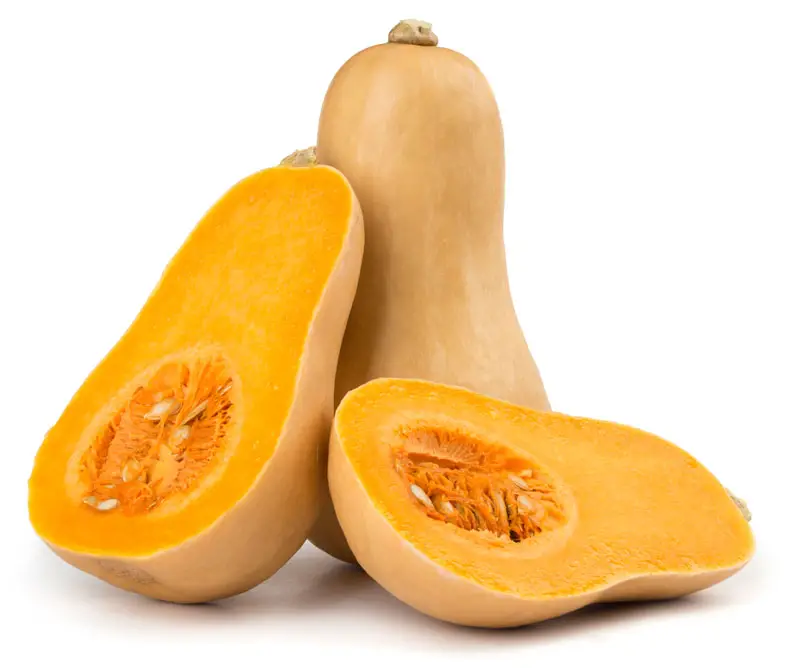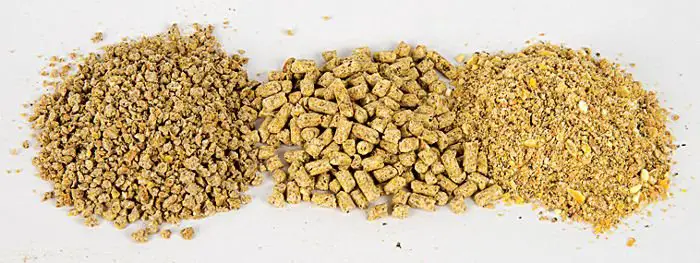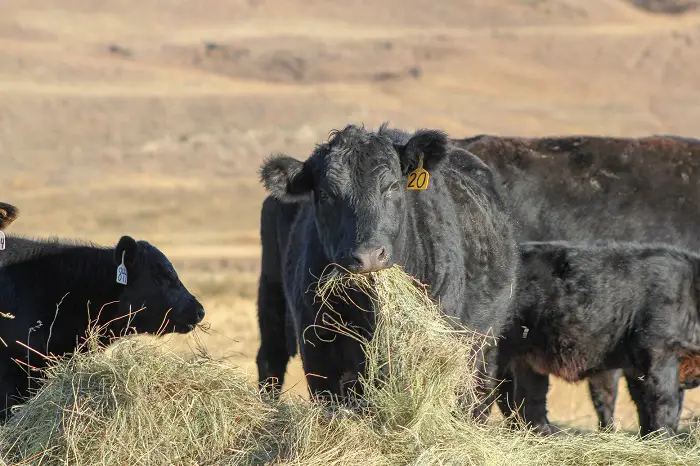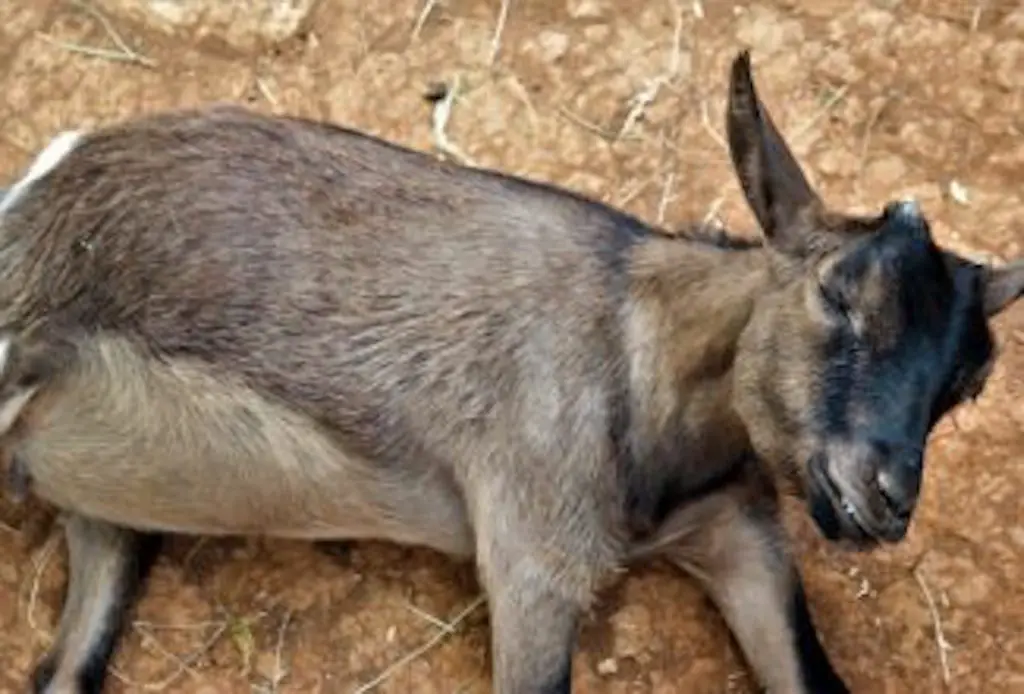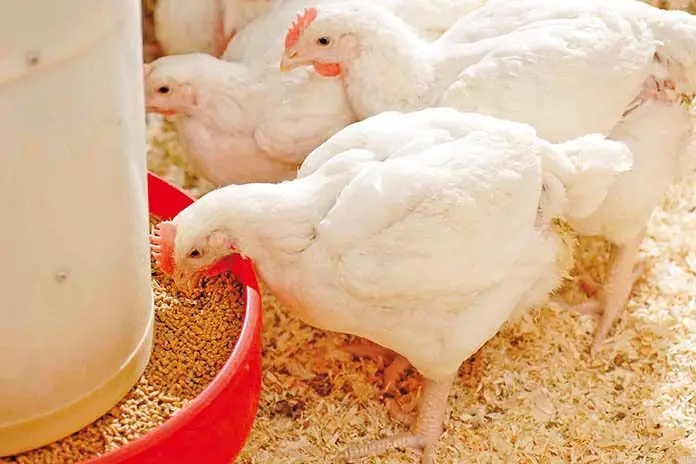Goats are one of the most common domesticated animals found in homes. Goats are easy to breed because of the variety of foods available for them to eat. Goats are herbivores, they feed on plants and other trash which they may find around the yards. Goats have the ability to digest fiber and roughage of a wide variety. Goats can eat squash in addition to a variety of grains which they also eat. Goats love squash and eat all varieties of squash they can find. Squash refers to a family of variety of plants that includes butternuts and pumpkins. These are fruits that contains seeds and shells which be very beneficial as part of goats’ diet.
Depending on various factors like age, sex and breed, goats may need different nutrients requirements. The scope of this article shall also cover the factual literature for the pros and cons of feeding squash to goats. We will need to look into the goats nutritional needs and contrast with squash nutritional content. Further to that an analysis will be provided on the alternative goat feeds available. This article should be used as a guideline and further research and consultation with animal diet specialists is required.
Contents
What Nutrients Are Required For Goat Feeding
A healthy diet is key for normal growth of animals including goats. Recommended goat feed should contain all the necessary nutrients that support growth, maintain their bodies and promote health. A diet should be rich in nutrients providing all the vitamins, antioxidants, minerals, amino acids and fatty acids that are essential for long life to the goats. A diet should contain a balanced proportion of proteins for growth or new tissue cells development. Carbohydrates are important energy sources for the goats’ internal physiological processes. Minerals and vitamins are also required for strong bone formation and good health by prevention of many diseases. Every goat feed should have all the above mentioned essential nutrients.
Having given an insight into the expected nutritional composition for goat feed, we will need to compare this with squash nutritional content and come up with recommendations and feeding strategies for squash.
Squash Nutritional Content
Squash being a fruit can offer many benefits if eaten by goats. Squash fruit is rich in vitamins and minerals which are important for strengthening the bones. It is also rich in potassium, calcium and also contains a large amount of vitamin A. The peel of squash is also rich in fiber and roughage which are important for goats’ digestive system. Squash seeds are also a rich source for vitamins, minerals, antioxidants and fiber which all play an important role in controlling constipation and protection against diseases. Additionally, squash is rich in vitamin B1, B3 and B6, vitamin C, folate, magnesium, manganese, iron and phosphorus which can also make the goats to become healthy and strong. The fruit also has many other micronutrients which if eaten by goats provide significant health benefits. Squash is low in protein and carbohydrates which implies that it may not be treated as the base for goat feed. It has to be mixed with other food supplements to balance the diet to match the required nutritional content for goats.
How To Feed Goats With Squash
Goats can eat squash varieties they can find. It is however important to understand how squash should be given to goats. As highlighted above, squash is rich in minerals, vitamins and fiber with a low protein and carbohydrates content. Squash should not be given as the main goat feed. It should be given as a treat for the vitamins and minerals supplement since it is rich in these minerals.
To give squash to goats, make sure you chop the squash into small size pieces so that the goats can eat them well without any struggle. Squash fruit should be given to goats at regular intervals and should be mixed with other fruits and vegetables. Squash fruit should be given in small quantities and gradually increasing quantities so that goats may not suffer from stomach upset due to sudden diet change. Goats can also eat cooked squash without any negative effects. Cooked squash still maintains its properties even after being cooked.
Can Goats Benefit From Eating Squash
The high content of minerals and vitamins in squash is very important to goats. Goats need calcium and iron for bones and blood which they can derive from squash. Goats that eat squash are usually healthy with strong bones and teeth. Squash is rich in fiber and roughage which is important for digestive system. They also help in reducing constipation and stomach upset. As mentioned above, proper mixing with other complementary food sources will result in a balanced feed for your goats. The leaves, seeds and peel of squash are all rich sources of these vitamins and minerals and these can be given to your goats.
Other Goat Feeds
Goats have a variety of food sources from plants and grains. Goats can eat almost all grains but however you should limit the grain feed to your goats otherwise they will suffer from dehydration or acidosis and may result in sudden death. Various feeds like hay, forages, peas, barley, wheat, maize, cotton seeds and many others are good for goat feeds. Goats can eat many fruits and vegetables including pears, watermelon, bananas, peaches, grapes, lettuce, carrots, spinach and many more. You may also buy goat feed supplements from various stores around city. These were manufactured with attention to dietary needs for various factors like goat size, age and breed. Consultation with experts in goats breeding may help in formulation of a balanced nutrition feed for your goats.
Conclusion
Goats will eat any variety of squash they find around and they enjoy eating these different kinds of fruits. Also goats derive many benefits from eating squash but it should not be used as the main feed. It should only be given as treats for your goats. There are many other alternatives that can be given to your goats from vegetables, fruits and grains. Goats also feed from a variety of plant leaves around bushes.
